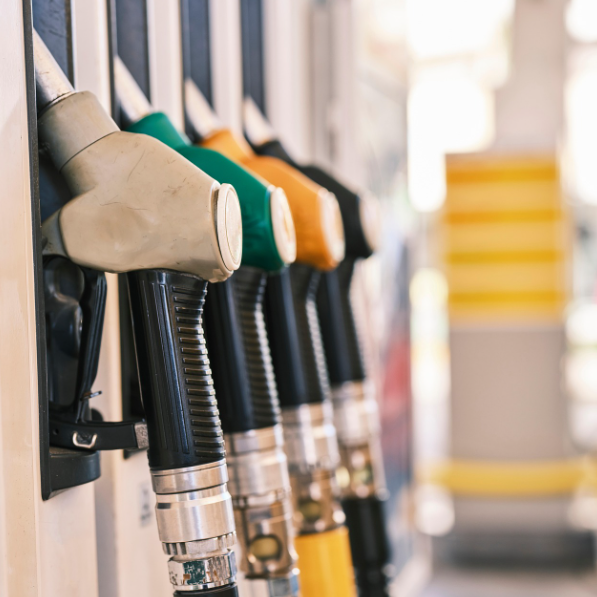Agricultural diesel - what will change in 2026





Agricultural businesses consume a lot of diesel for the farm and the field. Exactly how much varies depending on the type and size of agriculture. Even though agriculture forms an economic area in the EU, diesel prices vary significantly from state to state. Some countries tax agricultural diesel different from diesel or offer tax refunds for example, others pay the CO2-Price back, others nothing of both. We'll explain to you the background of agricultural diesel and which changes there are from 2026 on.
Diesel consumption is very high in agriculture. An average of 120 liters per hectare per year for farming is needed. Working on the farm itself can result in even more consumption. This results in around 10,000 liters of diesel per year - if not more. The agricultural diesel refund should relieve companies and amounts to 5370 euros starting from an annual consumption of 25,000 liters. After the relief has been reduced by 60 percent and should be completely abolished from 2026, the full refund possible again from 2026, as decided by the Cabinet on September 10, 2025.
The diesel price (EU name: gas oil) includes a fixed energy tax, also known as petroleum tax. For 1000 liters diesel in Germany, does it amount to 470.40 euros. The legal basis for this is the tax rates for energy products under customs §2 Paragraph 1 EnergieStG with gas oil as a tax object 4.b), which is considered sulfur-free with a sulphur content of not more than 10 mg/kg. In other countries, the energy tax may be different.
In fact, in the EU, states are able to set different prices for agriculture. For example, some countries set the tax to zero. In retail, the regular rate of 470 euros per 1000 liters of diesel is charged, the rate for agricultural diesel is lower, namely 342 euros; farmers can have this difference reimbursed upon request. This means that they first pay the normal diesel price in stores and can then recover the relief in the following year.
What do we learn from this? More than half of the diesel price, i.e. around 92 cents, consists of tax duties. As a result of the different pricing and taxation, the conditions of competition are very different. Flat-rate companies make use of the small business regulation so that they have no sales tax distract, but also none input tax be able to deduct. This means lump sum payment because it is possible regardless of the size of the company.
The average price of agricultural diesel in the EU is 1040 euros per liter per year, above which Germany is significantly higher. Since there are countries that are significantly lower in the same economic area, the cost structures for farms are very different in competition. In Austria, for example, it is not the gas oil tax that is refunded, but the CO2-Price.
In Germany, the customs is responsible. Until now, the application could also be submitted on paper. Since 2024, the two forms have been included in the online application. The application is therefore submitted exclusively digital at customs. To do this, you register on the customs portal, where you sign up with the ELSTER certificate enrolls. Because it is a tax refund. This therefore also requires registration in the ELSTER portal.
The distinction between diesel and agricultural diesel consists in the type of consumption and tax duties. The reliefs should farms competitiveness and planning security give. After the agricultural diesel rebate has been reduced by 2025, the funding is again continued in full from January 1, 2026 with 21.48 cents per liter. This is also controversial because it is a climate-damaging funding act. However, farmers with regional direct marketing also benefit from it, of course.
If you are still looking for a suitable ERP Software for your regional direct marketing, FrachtPilot may be just the right one for you. Have a look at our site, lget to know the ERP system in a free webinar or test FrachtPilot directly for free. We're looking forward to seeing you!